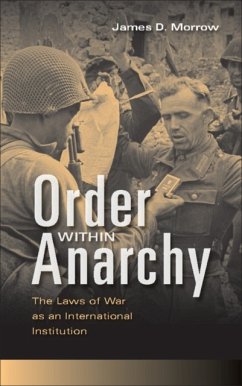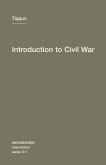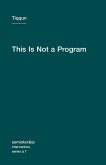"Order Within Anarchy focuses on how the laws of war create strategic expectations about how states and their soldiers will act during war, which can help produce restraint. International law as a political institution helps to create such expectations by specifying how violence should be limited and clarifying which actors should comply with those limits. The success of the laws of war depends on three related factors: compliance between warring states and between soldiers on the battlefield, and control of soldiers by their militaries. A statistical study of compliance of the laws of war during the twentieth century shows that joint ratification strengthens both compliance and reciprocity, compliance varies across issues with the scope for individual violations, and violations occur early in war. Close study of the treatment of prisoners of war during World Wars I and II demonstrates the difficulties posed by states' varied willingness to limit violence, a lack of clarity about what restraint means, and the practical problems of restraint on the battlefield"--
Hinweis: Dieser Artikel kann nur an eine deutsche Lieferadresse ausgeliefert werden.
Hinweis: Dieser Artikel kann nur an eine deutsche Lieferadresse ausgeliefert werden.








